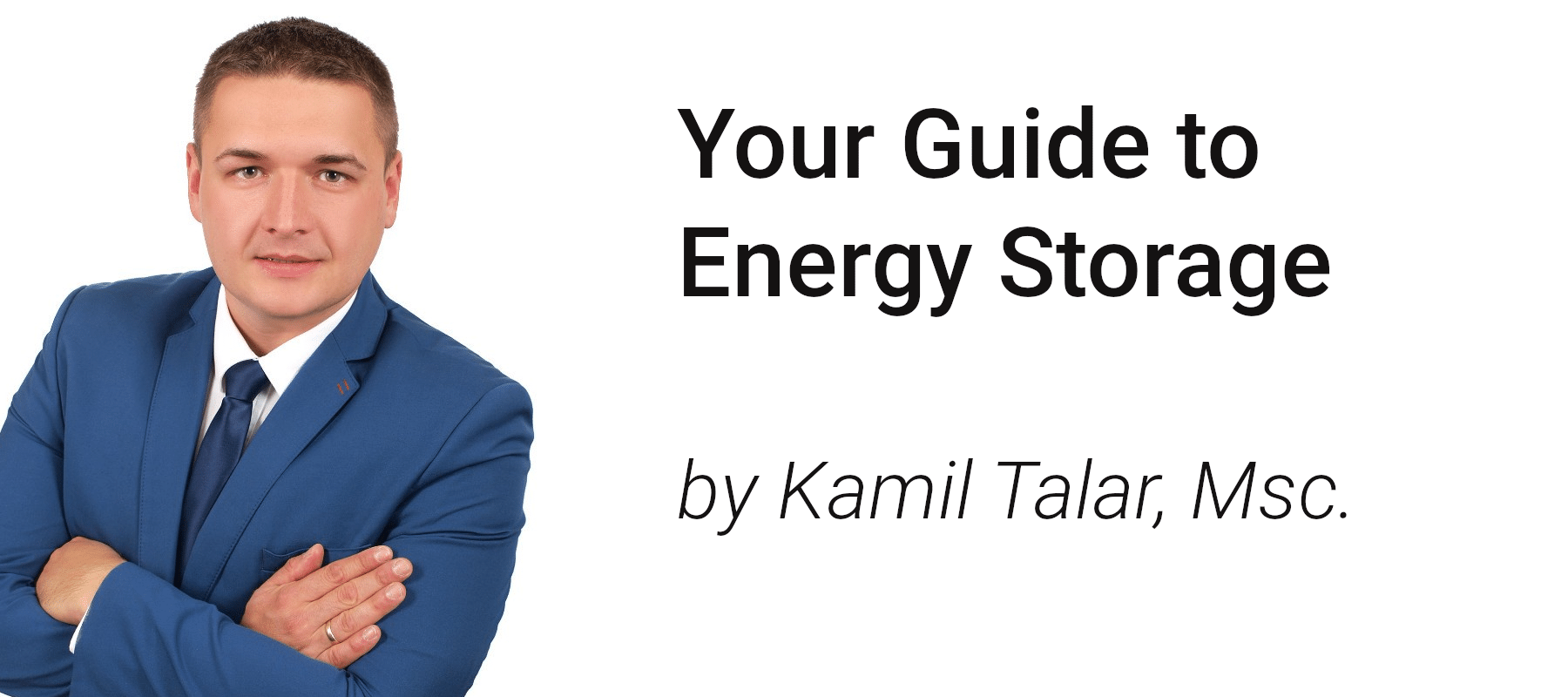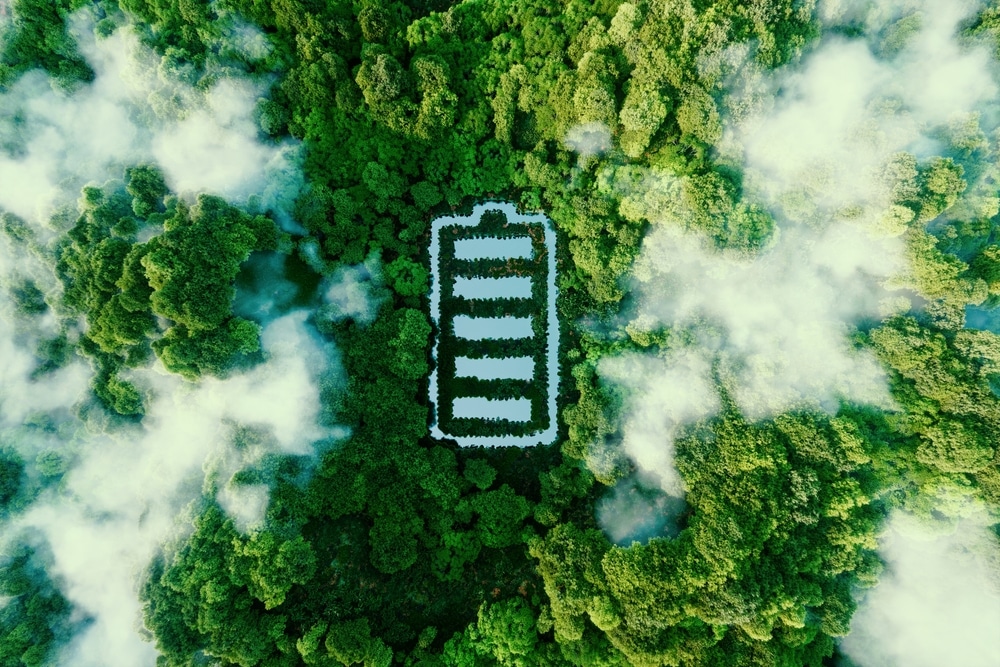Cobalt batteries have long been a critical component in the energy storage landscape. However, the future of these batteries is becoming increasingly uncertain due to ethical and environmental concerns. This article will explore the challenges associated with cobalt usage in batteries and highlight promising alternatives shaping a more sustainable energy storage future.
Cobalt in Batteries: The Current State
Cobalt is an essential element in many lithium-ion batteries, especially those used in electric cars and other high-capacity applications. These batteries often utilize lithium cobalt oxide (LiCoO2) or lithium nickel manganese cobalt oxide (NMC) as the cathode material. Cobalt plays a crucial role in enhancing the battery’s energy density, stability, and overall performance.
However, there are growing concerns about the long-term sustainability of cobalt in batteries. Some of the critical challenges include:
Ethical and Environmental Issues
A significant portion of the world’s cobalt is sourced from the Democratic Republic of Congo (DRC), where mining practices are often linked to human rights abuses and environmental degradation. Child labor and hazardous working conditions are prevalent in artisanal mining operations, raising serious ethical concerns about cobalt’s supply chain.
Supply and Demand
With the rapid growth of the electric vehicle (EV) market, the demand for cobalt is skyrocketing, raising questions about whether there is enough cobalt for electric cars and other applications. This increasing demand puts pressure on mining operations, potentially exacerbating the ethical and environmental issues mentioned earlier.
Promising Cobalt-Free Alternatives
Given the challenges associated with cobalt, researchers and battery manufacturers are actively working on developing cobalt-free alternatives. Some of the most promising options include:
- Lithium iron phosphate (LiFePO4) batteries: These batteries offer a safer, more environmentally friendly alternative to cobalt-based batteries, with a longer cycle life and improved thermal stability. Learn more about the benefits of LiFePO4 batteries.
- Lithium manganese oxide (LMO) batteries: LMO batteries have a lower energy density than cobalt-based batteries but provide higher thermal stability and a lower risk of thermal runaway.
- Solid-state batteries: Solid-state batteries replace the liquid electrolyte in traditional batteries with a solid material, which can improve safety and performance while eliminating the need for cobalt.
- Nickel-rich cathode materials: Increasing the nickel content in cathode materials can reduce the reliance on cobalt while maintaining high energy density and performance.
Companies like Tesla are also exploring ways to reduce or eliminate cobalt from their battery technologies, with plans to develop cobalt-free batteries for their electric vehicles in the near future.
The uncertain future of cobalt batteries presents both challenges and opportunities. As ethical and environmental concerns grow, the industry must adapt and innovate to develop more sustainable energy storage solutions. By investing in research and embracing alternative technologies, we can pave the way for a greener, more responsible future in energy storage and electric transportation.
By staying informed about the challenges associated with cobalt batteries and supporting companies that prioritize ethical sourcing and sustainable technologies, consumers can play an essential role in driving positive change in the battery industry. As we move forward, the shift towards cobalt-free batteries and alternative energy storage solutions will likely continue to gain momentum, creating a more sustainable and responsible energy storage landscape for generations to come.
FAQ
Q: What will replace cobalt in batteries? A: Alternatives to cobalt in batteries include nickel, manganese, and aluminum, with lithium iron phosphate (LiFePO4) being a popular cobalt-free option.
Q: Which battery is better, lithium or cobalt? A: Both lithium and cobalt-based batteries have their advantages, but lithium iron phosphate (LiFePO4) batteries are gaining popularity for their safety, longer life cycle, and eco-friendliness.
Q: What is cobalt used for in batteries? A: Cobalt is used in lithium-ion batteries to increase energy density and stability, improving the overall performance of the battery.
Q: Does Tesla use cobalt from Congo? A: Tesla has previously used cobalt sourced from Congo, but the company has been working towards reducing its reliance on cobalt and finding more ethical and sustainable sources.
Q: Will we run out of cobalt? A: While cobalt reserves are limited, responsible mining and recycling can help prolong the availability of cobalt. However, the industry is also exploring alternative materials to reduce reliance on cobalt.
Q: Do electric cars use cobalt batteries? A: Many electric cars use lithium-ion batteries containing cobalt, but some manufacturers are transitioning to cobalt-free alternatives such as lithium iron phosphate (LiFePO4) batteries.
Q: How much cobalt is in a Tesla battery? A: The amount of cobalt in a Tesla battery varies depending on the specific battery chemistry used. Tesla has been working to reduce the cobalt content in its batteries and is developing cobalt-free alternatives.
Q: What are Tesla batteries made of? A: Tesla batteries are made using lithium-ion technology, with various battery chemistries incorporating materials like cobalt, nickel, manganese, and aluminum.
Q: How much cobalt is left in the world? A: It is estimated that there are around 7 million metric tons of cobalt reserves worldwide, with the majority found in the Democratic Republic of Congo.
Q: What is the future of cobalt? A: The future of cobalt is uncertain, with increasing ethical and environmental concerns driving research into alternative battery materials and more sustainable mining practices.
Q: Can you make an electric car without cobalt? A: Yes, electric cars can be made with cobalt-free batteries, such as lithium iron phosphate (LiFePO4) batteries.
Q: Is cobalt in every lithium battery? A: No, not all lithium batteries contain cobalt. Lithium iron phosphate (LiFePO4) batteries, for example, are cobalt-free.
Q: Do all batteries need cobalt? A: No, not all batteries require cobalt. There are various battery chemistries that do not contain cobalt, such as lithium iron phosphate (LiFePO4) and sodium-ion batteries.
Q: Is cobalt mining bad for the environment? A: Cobalt mining can be harmful to the environment if not done responsibly, leading to habitat destruction, water pollution, and other environmental issues.
Q: Can EV batteries be made without lithium? A: Yes, there are alternative battery technologies for EVs that do not use lithium, such as sodium-ion, solid-state, and zinc-air batteries.
Q: Do iPhone batteries use cobalt? A: Yes, iPhone batteries use lithium-ion technology, which typically contains cobalt. However, Apple has been working to reduce its reliance on cobalt and find more sustainable alternatives.
Q: Do cell phone batteries use cobalt? A: Most cell phone batteries use lithium-ion technology, which generally contains cobalt. However, some manufacturers are exploring cobalt-free alternatives for their batteries.
Q: Why is there so much cobalt in Congo? A: The Democratic Republic of Congo is rich in mineral deposits, including cobalt, due to its unique geological conditions. The region’s abundance of cobalt is a result of volcanic activity and the presence of copper deposits.
Q: Is cobalt radioactive? A: Natural cobalt is not radioactive. However, cobalt-60, an artificially produced isotope, is radioactive and used in various industrial and medical applications.
Q: What are the pros and cons of cobalt batteries? A: Pros of cobalt batteries include high energy density, good stability, and excellent performance. Cons include ethical and environmental concerns related to cobalt mining, limited availability, and potential supply chain disruptions.
Q: Where is cobalt mined in the world? A: Cobalt is primarily mined in the Democratic Republic of Congo, followed by Russia, Australia, Canada, and Cuba, among other countries.
Q: Where is most cobalt mined? A: Most of the world’s cobalt is mined in the Democratic Republic of Congo, which accounts for more than 60% of the global cobalt production.


